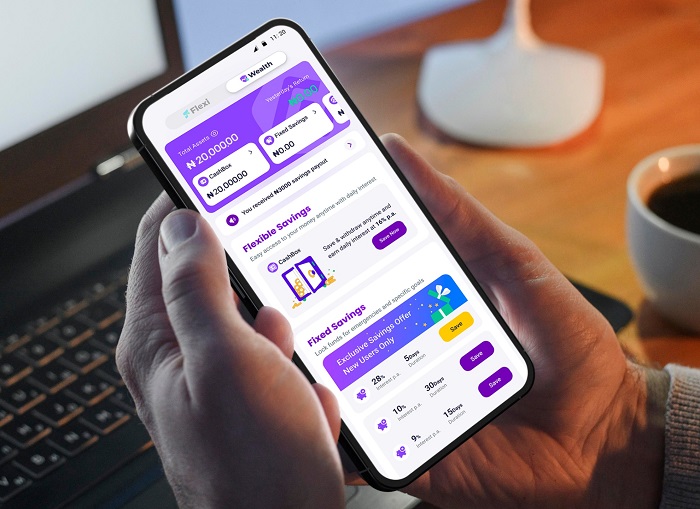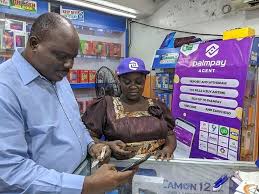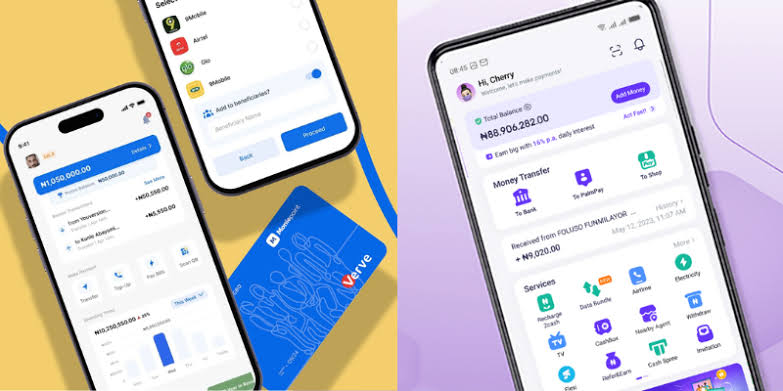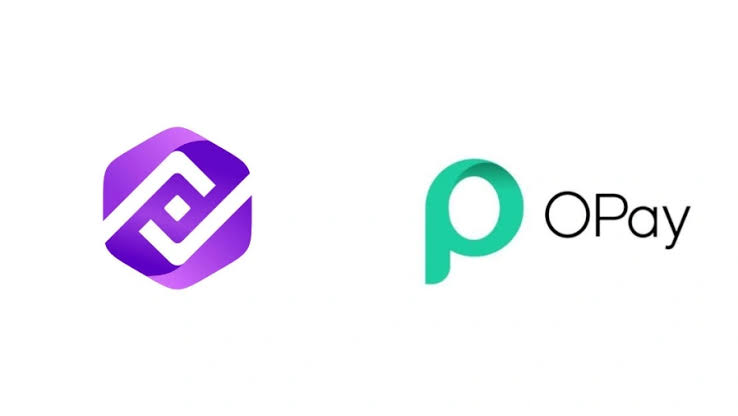It has been confirmed by sources at various neobanks that customer transfers to neobanks such as OPay, Moniepoint, Palmpay, and Kuda are once again being processed by Nigerian Fidelity Bank. It was also stated that the bank had prohibited customer transfers to the concerned neobanks around two weeks ago due to mounting concerns regarding fraud and customer verification.
“We have been in talks with them [Fidelity], so we knew when they were going to restore us,” a source at one of the affected neobanks said.
Read also: Fidelity Bank blocks transfers to OPay, Moniepoint, and Palmpay over KYC concerns
Why Fidelity Bank reinstated transfers to neobanks
According to a source close to the situation, the Nigeria Inter-Bank Settlement System (NIBSS) expressed its concern with Fidelity Bank’s move to restrict transactions to these banks, which led to the reinstatement of the funds.
The fact that these neobanks were removed from the list of approved financial institutions in the Fidelity Bank app was the first thing that several consumers noticed. Despite client complaints, OPay maintained that they would not be affected by the limits. The restriction was confirmed by a source at Moniepoint, while Sofia Zab, the Chief Marketing Officer of PalmPay, indicated that the neobank’s removal was not due to any perceived concerns with PalmPay but rather owing to a necessary system upgrade on the part of Fidelity Bank.
Neobanks make transactions easier
As a result of a policy-driven cash constraint, neobanks have emerged as a viable option for making payments due to their rising popularity and usefulness. Neobanks are the darlings of merchants and vendors in the country because of the faster transaction speeds and reduced costs offered by these neobanks. This helps merchants and vendors accept payments from customers and scale their companies. Because Fidelity Bank could not process transfers to these neobanks, the bank experienced a loss in revenue from transaction fees.
Fidelity bank acquires 100% stakes in Union Bank, UK
Bank fraud – types, examples
Bank fraud is misusing a financial institution or its services for personal benefit or other crimes. It can involve creating fake accounts, employing fake identities, or changing account records. Stolen credit cards, ATM cards, or other illegal access to financial institution funds are also possible. Bank fraud can lead to fines, jail time, and the revocation of a business license.
Bank fraud can cost individuals, organisations, and financial institutions a lot of money. It includes anything from check fraud to identity theft and money laundering. Common bank frauds include counterfeiting, check fraud, identity theft, lending scams, credit card fraud, and phishing.
Understanding bank fraud types and examples is the first step to avoiding it. The most prevalent bank frauds are:
Fraud in Accounting
A financial institution commits accounting fraud by withholding or falsifying critical financial information. Banks can be defrauded by changing their financial statements to appear more profitable. Money from bank accounts can also be stolen.
Bill discounting fraud
Banks that accept unbacked bills commit bill discounting fraud. This form of fraud might cost the bank if the bill issuer doesn’t pay. It can also include discounting a bill, which costs the bank.
Cheque kiting
Crimes like check kiting use the interval between writing and clearing a cheque. Criminals write checks for amounts they know are not in the account and deposit them into another account. After accepting the cheque, the criminal will remove monies from the other account before the original cheque bounces owing to insufficient funds. Forged documents are used in this fraud.
False documents
Documents that are forged or changed are used to deceive or defraud. For instance, a thief may open a bank account under someone else’s name and deposit a cheque they know won’t clear. Illegal cheating can result in criminal consequences.
Cheques forged and altered
Fraudulent loan applications and check forgeries are significant crimes. A minor document or cheque change to swindle someone is illegal and penalised.
Fraudsters utilise altered cheques because they are easy to change and hard to detect. A person can adjust the date, amount, recipient name, and number. Altered checks can be used to steal money or commodities and commit identity theft.
Fake loan applications
Loan applications might be fraudulent. Falsifying or incomplete loan applications to get unqualified loans is this type of crime. It can also involve forging documents or lying about income, assets, or finances.
ATM envelope deposits empty
The fraud potential of empty ATM envelope deposits is intriguing. Criminals use empty ATM envelopes to launder money. By taking advantage of the fact that many banks don’t verify ATM deposits, criminal activity can be hidden.
Fraudulent identification
Today, identity theft is a significant criminal and developing problem. It involves someone stealing another person’s name, address, bank account number, Social Security Number (USA) or National Insurance Number (UK), driver’s license number, or credit card information to conduct fraud or other crimes.
Identity theft and impersonation have several methods. Hacking a computer or stealing a wallet can reveal personal information. Someone could use the stolen information to open accounts or make transactions in the victim’s name.
Laundering money
Money laundering is transferring money between financial institutions or using fictitious identities to mask the origins of unlawfully obtained money. Shell corporations, offshore bank accounts, and anonymous online wallets can help money launderers hide their funds.
Organised crime groups or people with card information commit this type of fraud. Money laundering can result in losses and heightened scrutiny from law enforcement and financial regulators.
Credit card fraud
Payment card fraud involves illicit debit or credit card use. Credit and debit card users worldwide are affected. It occurs when a cardholder’s information is stolen and used for unauthorised purchases.
Fraudsters can steal real cards or compromise online accounts to commit payment card fraud. Whatever method is used, the cardholder loses money.
Internet fraud/phishing
Phishing, or Internet fraud, involves sending emails, SMS, or pop-up messages to unsuspecting victims to steal personal or financial information. Phishing aims to steal money, data, or bank account access.
Fraudsters utilise bogus websites, emails, and texts to steal credit card, bank account, and password information. Criminals exploit this information to steal money from victims’ accounts or perpetrate fraud.
Prime bank fraud
Priming bank fraud involves creating fake “prime banks” to deceive investors into buying fake financial products. The offenders may also use bogus bank statements, counterfeit signature cards, financial records, fraudulent statements, testimonials, and other papers to deceive investors. Fraudsters promise fast, huge rewards.
Traders who cheat
Rogue traders commit securities fraud and other crimes for profit. They manipulate the market and exploit unwary investors with deception. Brokers and investment advisers who mislead clients to earn commissions are also rogue traders.
Cheque stolen
Stolen cheque fraud involves stealing and using someone else’s cheque. The fraudster goes to pay or deposit the cheque. This sort of fraud involves stealing cheques from mailboxes chequebooks from residences, and exploiting the elderly.
Money transfer scam
Wire transfer fraud involves money transfers. It usually involves a thief or fraudster using stolen personal information to enter a bank account and wire funds to their or an accomplice’s account.









